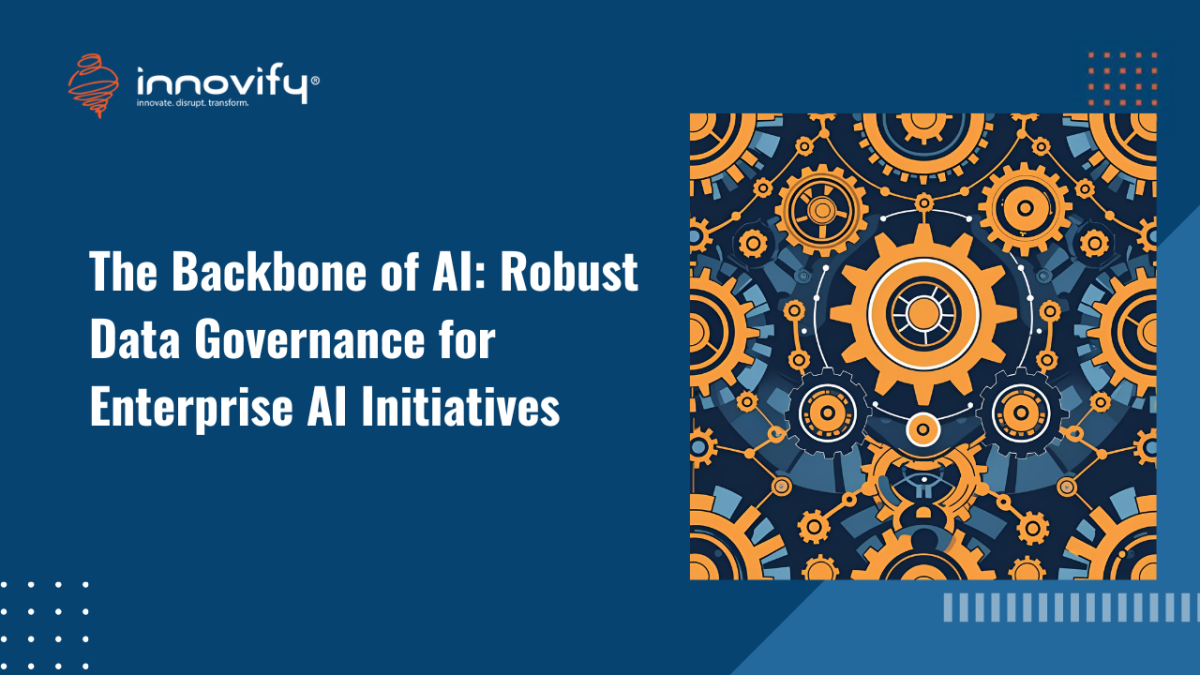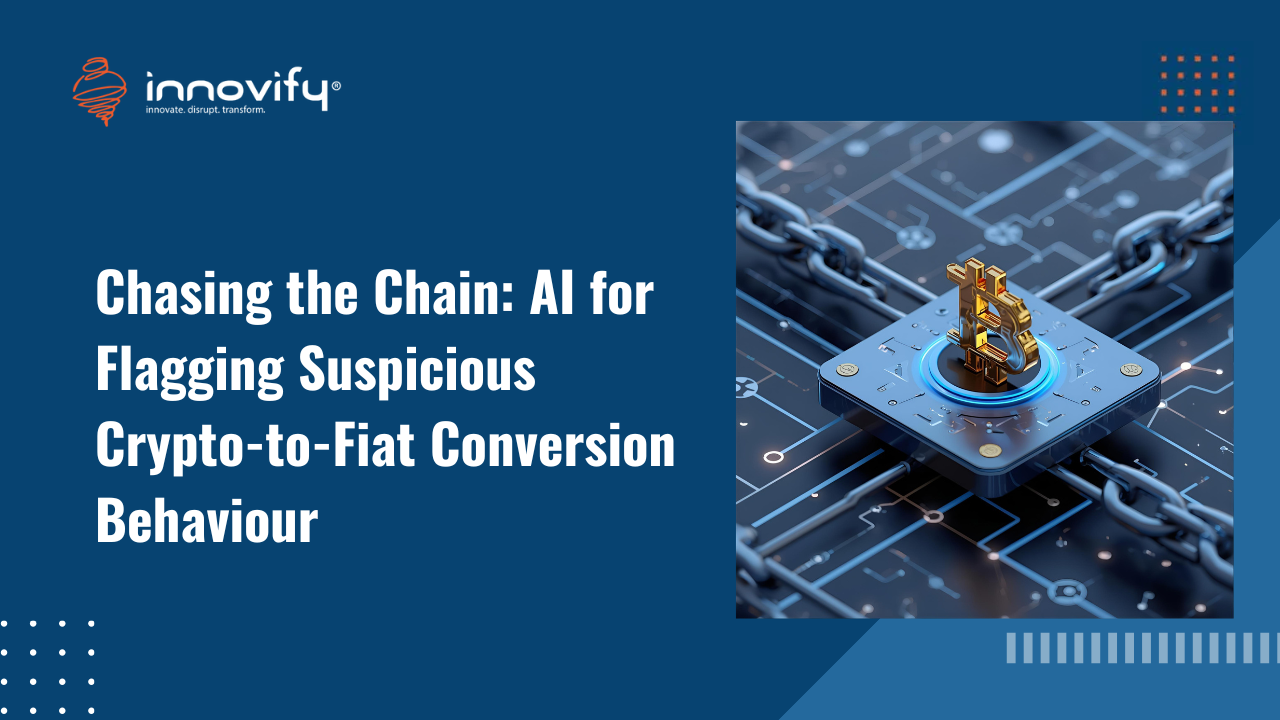AI/ML
The Backbone of AI: Robust Data Governance for Enterprise AI Initiatives
Data governance strategies for enterprise AI initiatives
Artificial Intelligence runs on data. The quality, accessibility, security, and ethical use of data directly determine the effectiveness, fairness, and compliance of any AI system. As enterprises scale their AI ambitions, moving from isolated pilot projects to widespread AI initiatives, the need for robust data governance strategies for enterprise AI initiatives becomes not just important, but absolutely critical. Without a well-defined and rigorously enforced data governance framework, AI projects risk being plagued by biased outcomes, privacy breaches, regulatory non-compliance, and ultimately, a failure to deliver tangible business value.
The Data Challenge in Enterprise AI
The sheer volume, velocity, and variety of data required to train and deploy enterprise-grade AI models present significant challenges. Data often resides in disparate systems, is inconsistent in format, and may suffer from quality issues (e.g., missing values, inaccuracies, biases). Furthermore, using this data for AI purposes introduces complex considerations around:
- Data Quality and Veracity: Is the data accurate, complete, and reliable? Biased or poor-quality data will lead to biased or poor-performing AI models.
- Data Security and Privacy: How is sensitive data protected, especially with evolving regulations like GDPR and CCPA? AI models often require access to vast amounts of personal or proprietary information.
- Data Lineage and Traceability: Can we trace the origin and transformations of data used in an AI model? This is crucial for debugging, auditing, and explaining AI decisions.
- Data Access and Usage: Who has access to what data, and for what purpose? How do we ensure data is used ethically and consistently across various AI projects?
- Regulatory Compliance: Are all data handling practices compliant with industry-specific regulations and data protection laws?
Without proactive data governance, enterprises face a heightened risk of data breaches, fines, reputational damage, and AI models that are unreliable or even discriminatory.
Pillars of Effective Data Governance for AI
A comprehensive data governance strategy for AI initiatives is built upon several foundational pillars:
- Data Quality Management: Establishing processes and tools to ensure data accuracy, completeness, consistency, and timeliness. This includes data cleansing, validation rules, and continuous monitoring.
- Data Security and Access Control: Implementing robust security measures (encryption, access permissions, identity management) to protect sensitive data from unauthorized access, modification, or disclosure throughout its lifecycle.
- Data Privacy and Compliance: Defining clear policies for data collection, storage, processing, and sharing in adherence to relevant privacy regulations. This includes anonymization, pseudonymization, and obtaining informed consent where necessary.
- Data Lineage and Audit Trails: Documenting the entire data journey, from its source to its use in AI models. This creates an audit trail, essential for understanding model behavior, troubleshooting, and demonstrating compliance.
- Data Stewardship and Ownership: Clearly assigning responsibilities for data assets across the organization. Data stewards ensure data quality and adherence to governance policies within their respective domains.
- Metadata Management: Creating and maintaining comprehensive metadata (data about data) to provide context, define data definitions, and facilitate data discovery and understanding across the enterprise.
- Ethical Data Use Policies: Establishing guidelines for how data is used in AI models to prevent bias, ensure fairness, and uphold ethical principles. This often involves diverse teams reviewing datasets for potential biases.
Strategic Impact and Future-Proofing
Data governance strategies for enterprise AI initiatives are not just about compliance; they are a strategic enabler. By ensuring high-quality, secure, and compliant data, organizations can:
- Improve AI Model Performance: High-quality data leads to more accurate, reliable, and robust AI models.
- Accelerate AI Development: Accessible and well-governed data reduces the time data scientists spend on data preparation, accelerating model development cycles.
- Mitigate Risks: Proactive governance significantly reduces the risk of data breaches, regulatory fines, and public backlash due to biased or unethical AI.
- Build Trust: Transparent and ethical data handling practices foster trust among customers, regulators, and employees.
- Drive Greater ROI: Reliable and trustworthy AI systems deliver more impactful business outcomes and a higher return on AI investments.
In essence, data governance provides the secure, clean, and ethical foundation upon which successful and sustainable enterprise AI is built. It is the invisible backbone that ensures AI initiatives don’t just function, but thrive, driving innovation and competitive advantage responsibly. Ready to strengthen your data foundation for AI success? Book a call with Innovify today.




